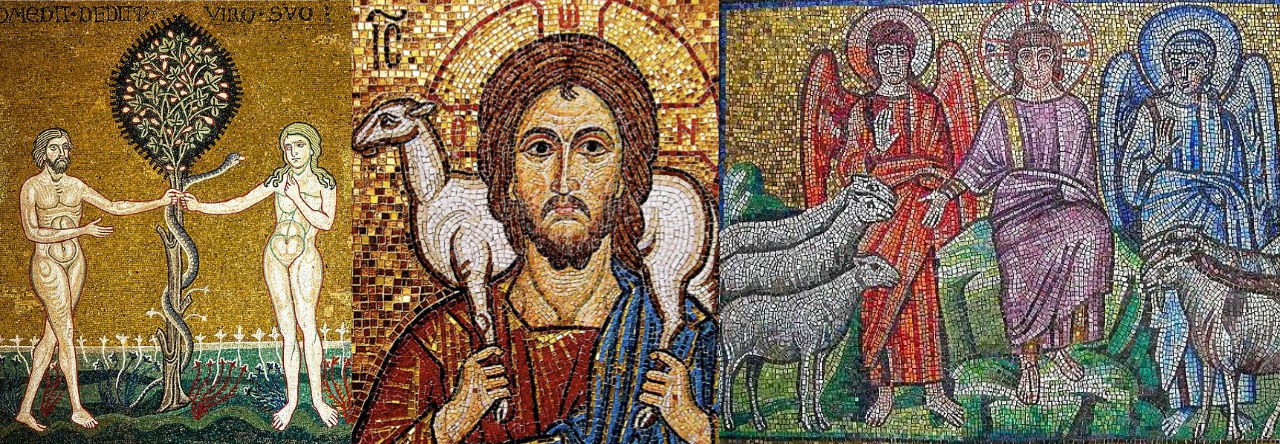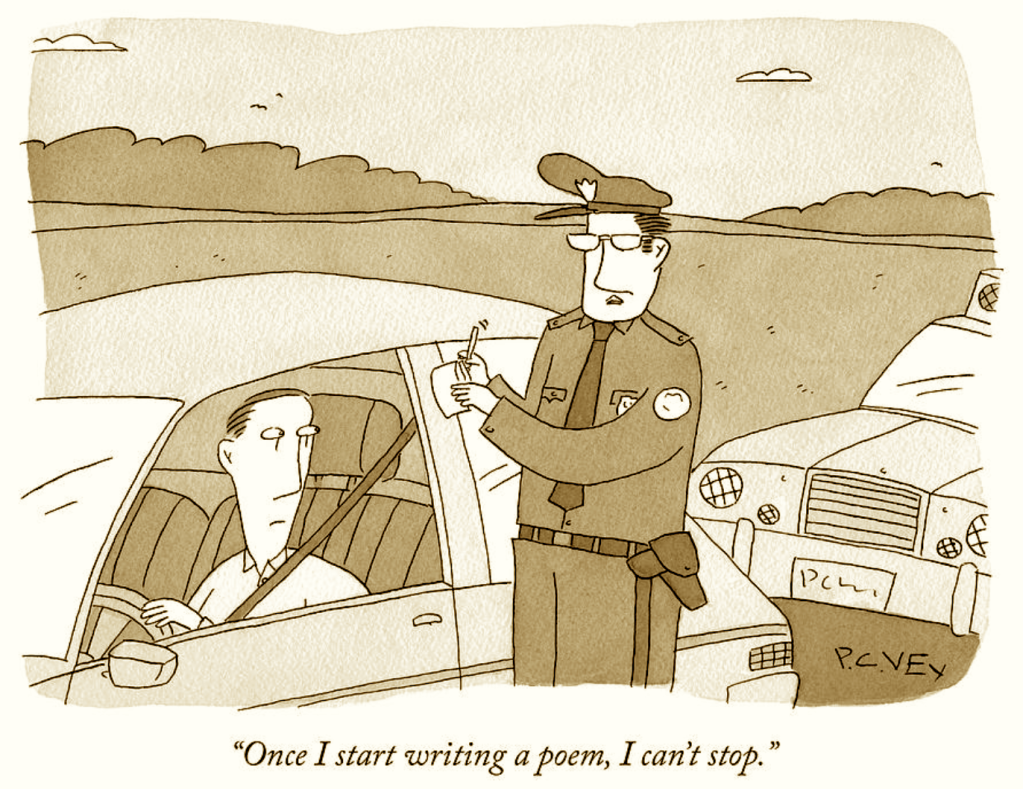During the Second World War, Germany and Japan (leaders of the Axis) committed many loathsome acts. But at least one Allied country was also guilty of an unnecessary atrocity. Genocide and the mass murder of civilians were only part of the Axis’ evil agenda. Germany and Japan also performed horrific medical “experiments” on their innocent captives. No one defends these acts.
The Second World War ended rather abruptly. At the war’s conclusion, a new weapon persuaded the Empire of Japan to surrender unconditionally. The Potsdam Declaration which called on the Emperor to yield offered a grim alternative.
We call upon the government of Japan to proclaim now the unconditional surrender of all Japanese armed forces, and to provide proper and adequate assurances of their good faith in such action. The alternative for Japan is prompt and utter destruction.
Before the use of the two atomic bombs, plans were well underway for Operation Downfall, the invasion of Japan. Massive Allied casualties were anticipated—but due to the nature of warfare, these were dwarfed by the number of Japanese who would have perished.
While few ever praised the total destruction of Hiroshima and Nagasaki, nearly all objective minds recognized that the swift conclusion which followed saved far more lives. This opinion is not only the “military” consensus. It is also shared by those Japanese who were being trained, with bamboo poles, to resist the impending invasion of their islands. (I have had personal conversations with several Japanese citizens who were part of this civilian army.)
Operation Ketsugō (決号作戦), called for the nation’s entire population to resist the invasion. The Japanese Cabinet “essentially called the entire population to military service, while propagandists began ‘The Glorious Death of One Hundred Million’ program to whip up enthusiasm for dying for the Emperor” (A War to Be Won).
While the need for the bombing of Nagasaki is debatable, the use of the atomic bomb in ending the war, saved countless lives. Some have called its use a war crime. They are wrong.
That does not mean, however, that the Allied hands were innocent. In the European theater of the war, the British responded to Germany’s bombing of their civilian populations with terror bombing of their own. Air Chief Marshal Arthur Harris embodied this vile strategy and, as head of the Royal Air Force Bomber Command, he could wage a war of retribution. And, as a leader of the winning army, his criminal behavior would be overlooked.
“Bomber Harris” justified raining fire on civilians because it would abbreviate the war. He said, in my opinion to his lasting shame, “I do not personally regard the whole of the remaining cities of Germany [i.e. all of the citizens abiding in them] as worth the bones of one British Grenadier.”
Air Force Magazine has an informative article available online which addresses Harris’ strategy. It cites Churchill’s acknowledgement that “we hoped to shatter almost every dwelling in almost every German city.” Only with the utter destruction of the city of Dresden, did Churchill admit that “the moment has come when the question of bombing of German cities simply for the sake of increasing the terror, though under other pretexts, should be reviewed” (“The Allied Rift on Strategic Bombing”).
War is a Terrible Thing
Ernest Hemingway was a talented, but deeply troubled, writer. A Boston University article describes his religious outlook in this way: “While raised by devout Christian parents, Hemingway converted to Catholicism at the age of twenty-eight for marriage and proved religiously indifferent throughout his lifetime, despite a preoccupation with biblical themes in many of his works.”⁑
Hemingway addressed the subject of this post in a sober, profound and honest manner. “Never think that war, no matter how necessary, nor how justified, is not a crime.” Even people such as myself, advocates of Just War Theory, can agree with this.
War is a crime against humanity itself, an activity that was never part of our Creator’s original design. War represents a battle in which even the victor is often left scarred, as one of my fellow chaplains describes in his newly released book, Nailed! Moral Injury: A Response from the Cross of Christ for the Combat Veteran.*
Yet, as horrible as war is, it is sometimes necessary. G.K. Chesterton astutely noted the proper motive for soldiers. They don’t seek personal conquest. Nor is the pursuit of personal glory a proper justification. According to Chesterton, “The true soldier fights not because he hates what is in front of him, but because he loves what is behind him.” In the same light, he wisely described war in the following manner in his Autobiography.
The only defensible war is a war of defence. And a war of defence, by its very definition and nature, is one from which a man comes back battered and bleeding and only boasting that he is not dead.
C.S. Lewis was just such a man. Deeply acquainted with the bloody toll of war, he did not glorify combat. In 1939 he wrote in a letter, “My memories of the last war haunted my dreams for years.” Yet, that very same year, Lewis described moments when war was truly unavoidable, saying “if war is ever lawful, then peace is sometimes sinful” (“The Conditions for a Just War”).
Chivalry is the Imperfect Response to War
Chivalry may sound like an archaic word and an obsolete concept. It may be the former, but is definitely not the latter. For C.S. Lewis, it was the principle that could reduce the anguish caused by war.
C.S. Lewis recognized the profound cost of war and acknowledged short of Christ’s return, it will remain unavoidable. The only way its violence can be tempered is through a principle like chivalry, which naturally arises from the belief that though some wars cannot be avoided, all wars can be restrained by humane guidelines. This notion even inspires the Geneva Conventions.
Mere Inkling has discussed the Inkling concept of chivalry in the past, so I will not repeat that discussion here. Instead, allow me to refer you to an excellent article I recently read on this vital subject, “C.S. Lewis, War, and the Christian Character.”
Addressing the familiar canard that C.S. Lewis glorifies war, particularly in the Chronicles of Narnia, Marc LiVecche declares.
For Lewis, the Narnian stories are all about love—not about love despite the battles and wars, but about love that, because it is love, reveals itself in the rescue of the innocent, the defense of justice, and the punishment of evil even, in the last resort, by war and, most crucially, in the character of the warriors who wage those wars.
In a candid manner that could possibly cause the prudish to blush, LiVecche describes how Botticelli’s Venus and Mars illustrates the view that in a fallen world, war can be harnessed to serve positive ends. This painting is significant, in that “a facsimile of the Botticelli masterwork hung in Lewis’ Oxford rooms in Magdalen College.”
In any case, whether through the influence of Venus or the two-aspects of his internal character, Lewis’ Mars—and the martial character he influences in others—is about much more than war and violence. For Lewis, the fullness of the martial character is best communicated by the chivalric idea of “the knight—the Christian in arms for the defence of a good cause,” which Lewis called “one of the great Christian ideas.” This chivalric ideal, in turn, is best understood through those words addressed to the dead Launcelot, the greatest of all the knights, in Malory’s Morte D’Arthur: “Thou wert the meekest man that ever ate in hall among ladies; and thou wert the sternest knight to thy mortal foe.”
Lewis expounds: “The important thing about this ideal is…the double-demand it makes on human nature. The knight is a man of blood and iron, a man familiar with the sight of smashed faces and the ragged stumps of lopped-off limbs; he is also a demure, almost a maidenlike guest in hall, a gentle, modest, unobtrusive man. He is not a compromise or happy mean between ferocity and meekness; he is fierce to the nth and meek to the nth.”
LiVecche discusses how Lewis’ thought reflects the Christian just war tradition. It is a crucial damper to unbridled war, since “human beings are motivated both by love and kindness as well as selfishness and cruelty [requiring that] the use of force must be viewed with skepticism and deployed within carefully prescribed constraints.”
War crimes are criminal precisely because they fall outside the boundaries of what is just and necessary. These offenses should never be ignored or minimized, no matter who commits them . . . be they Nazi bureaucrats, genocidal Japanese commanders, or sophisticated British baronets who serve as military marshals.
* Chaplain Mark Schreiber’s book is available from Amazon and its kindle version will be available soon.



